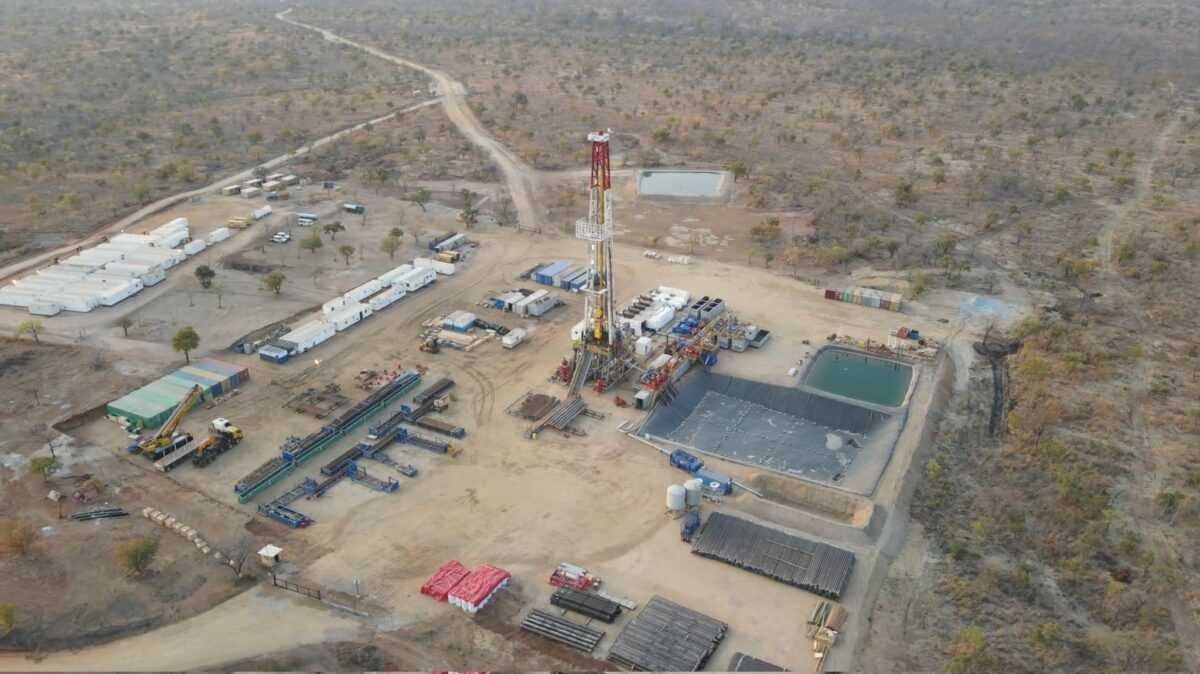
Zim Now Writer
Geo Associates, which is 80 percent owned by Australian gas and energy firm, Invictus Energy, has announced that operations are being stopped temporarily but positive indications from initial drilling means the company will remain on site and continue with the project in 2023.
“In cognisance of the lighting and storm alerts issued by the Meteorological Depart, the Exalo 202 rig mast, being the tallest structure in the basin, will be laid down to safeguard it from lightning strikes and allow for easy on-ground maintenance,” Geo associates Managing Director Paul Chimbodza said in a community stakeholder update.
He said the company is giving crew a well-earned rest, and also using the opportunity for maintenance.
Geo Associates will also use the lull period to order long lead items required for the phase two drilling programme in 2023, while integrating the new seismic survey with geological data obtained from Mukuyu-1 to fine tune the well design and location of Mukuyu-2, Baobab and other wells.
Related Stories
Chimbodza assured the community that the wildcat project remains viable and that more capital is expected as Invictus courts investors in roadshows.
“We are staying on site and are continuing operations and are planning further work programs in the year 2023. We have extended the contracts of all our staff on the project."
“We have extended the Exalo 202 rig contract by another 12 months and the rig will remain in country in preparation for drilling more wells to augment the positive results that came out of Mukuyu-1,” the firm said.
The gas and energy firm recently announced that it had encountered 13 hydrocarbons bearing zones with a combined depth of 225m in this first well ever drilled in Zimbabwe which contain elevated gas with saturation of up to 90 percent.
Chimbodza said exploration experiences which did not have results as encouraging as the Zimbabwean ones invigorated them although they failed to bring up liquid samples as required by the Australia Stock Exchange to be able to declare commercial discovery.
“We are humbled by a technical fact that, Uganda drilled 200 dry holes before success. Namibia started drilling in 1974 and did close to 100 dry holes before success. To this end, we are extremely buoyed by the positive results from our first Mukuyu-1 well on the project and in Zimbabwe,” said the Geo Associates Managing Director.










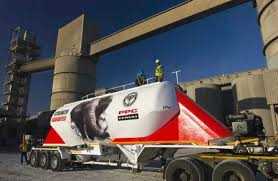

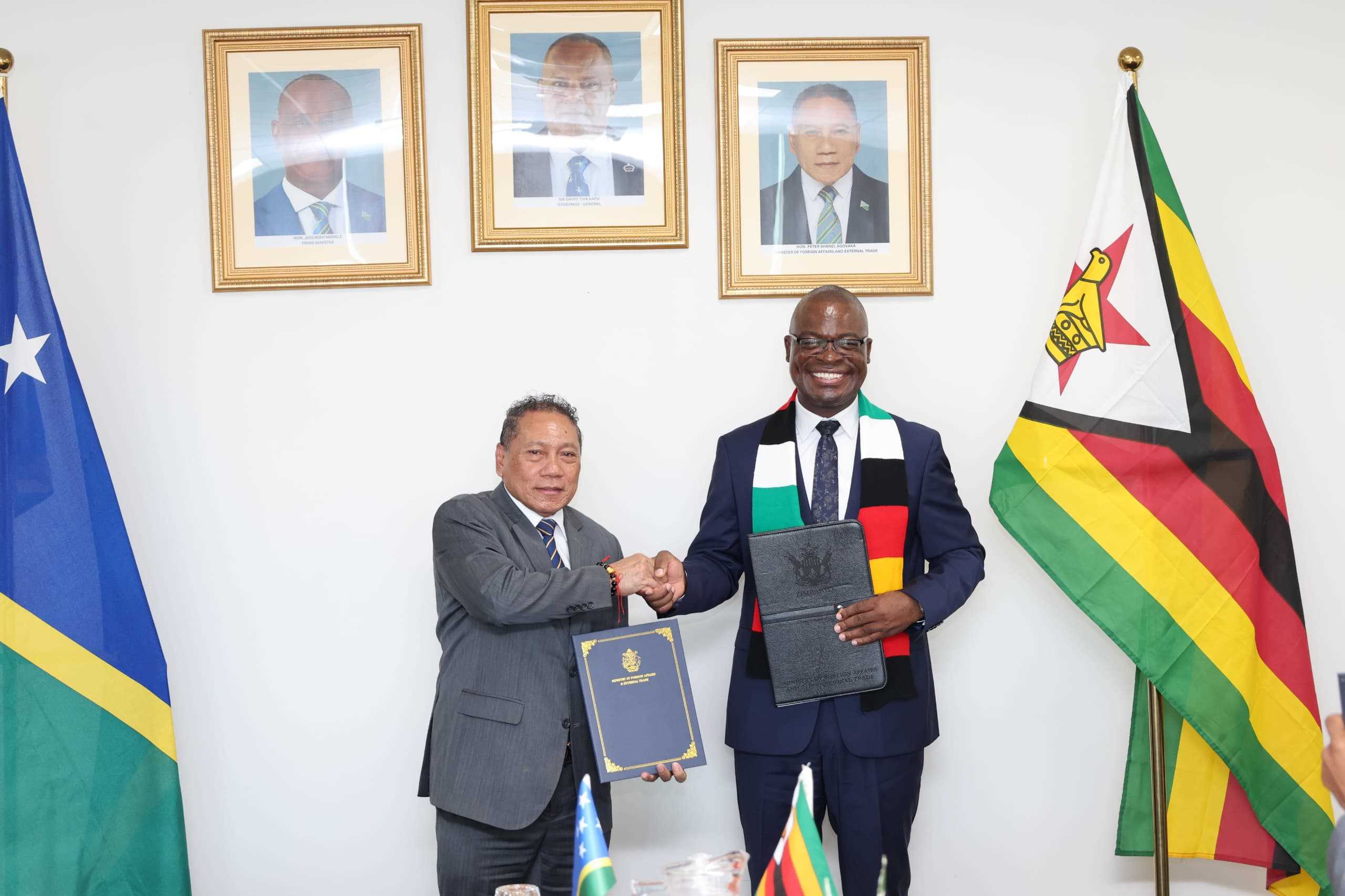


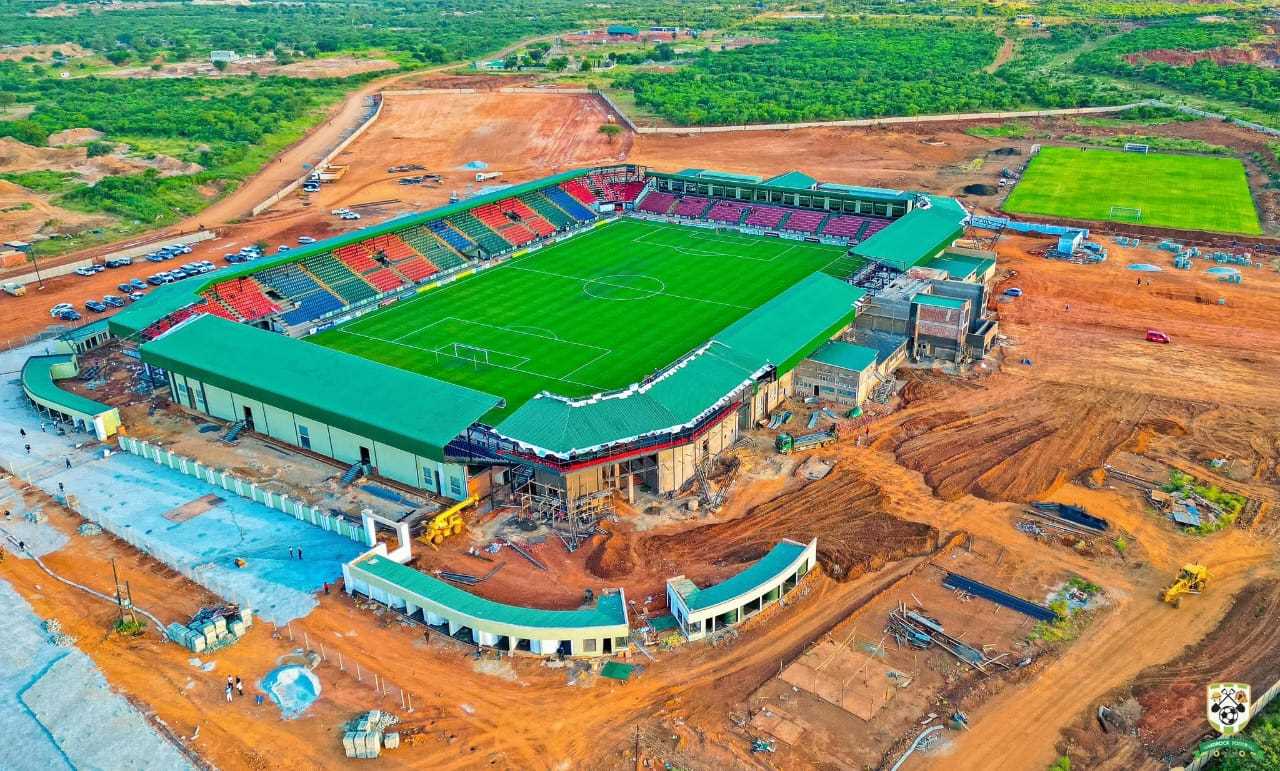
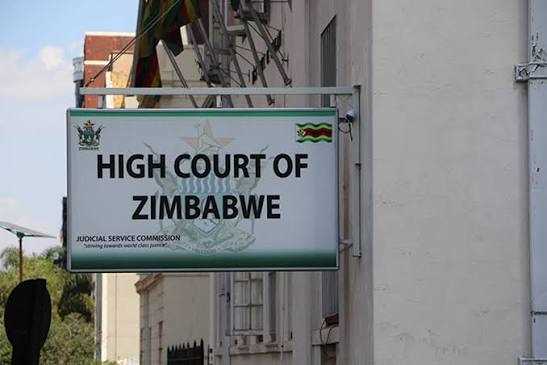



Leave Comments